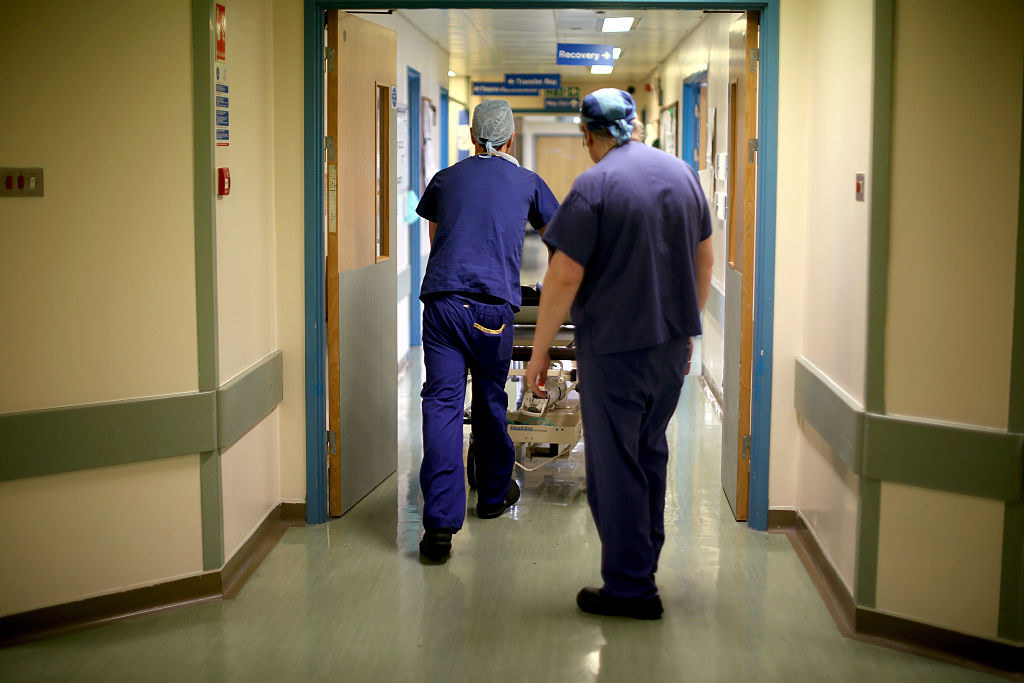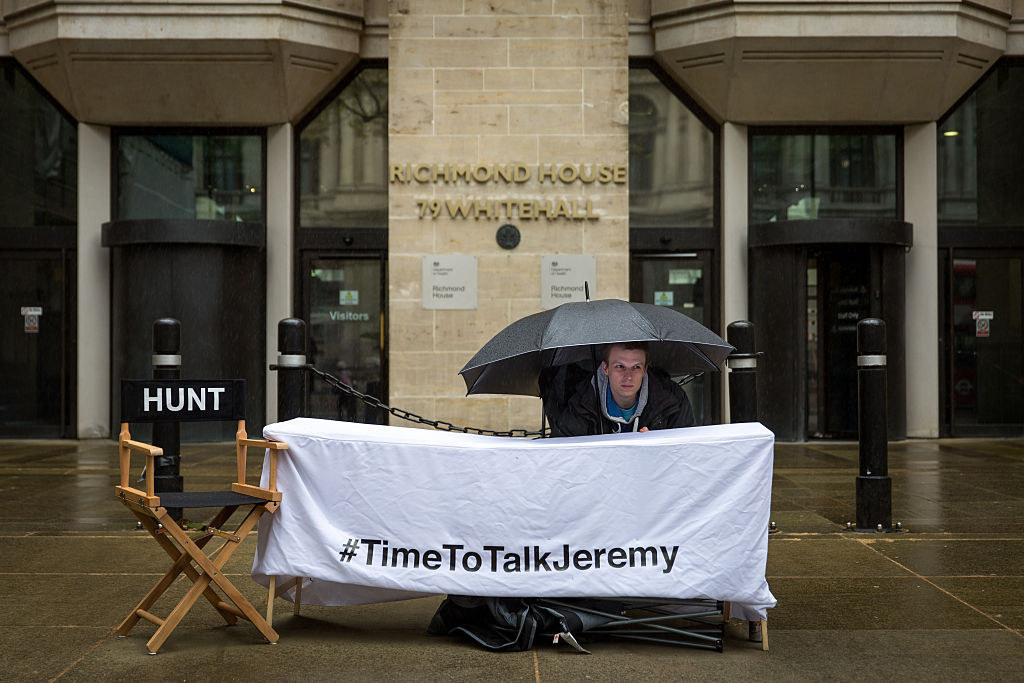A new study has found that people who go to hospital at weekends are no more likely to die than those who go during the week.

The study is by Rachel Meacock and colleagues at the University of Manchester and is published in the Journal of Health Services Research & Policy. It looked at 12 million people arriving at British A&E departments between April 2013 and February 2014.
The research is interesting, because previous studies have suggested that there might be a "weekend effect". Jeremy Hunt, the health secretary, has suggested that as many as 11,000 people die a year because of it.

The earlier studies found that, if you were admitted to hospital at a weekend, you were significantly more likely to die in the following 30 days. It's a major reason behind Hunt's effort to introduce a "seven-day service" in the NHS, which has led to the recent junior doctors' strikes.
But the new study suggests that, while people admitted to hospital at weekends are at higher risk of death, that's because they tend to be more seriously ill than people admitted during the week.

Other studies, most famously a paper by Nick Freemantle in the BMJ, have tried to account for that, and still found a weekend effect. But the Meacock study didn't just look at the number of people who were admitted to hospital – that is, brought in and given a bed; it looked at all the people who arrived at A&E, including those who were sent home, both at weekends and on weekdays.
At the weekend, only 27.5% of patients who arrived at A&E were admitted, compared with 30% on weekdays. Less seriously ill people were more likely to be sent home. That means that the percentage of people who die after weekend admission is higher, because the total number of people admitted is lower. "It’s a simple fractions issue," Meacock told BuzzFeed News. "You’re dividing by a smaller number. There is elevated mortality when you only look at the population of people admitted, but fewer people were admitted."
It's an important study and makes it much less likely that the "weekend effect" is a real phenomenon, says a leading health economist.

"No one study settles an issue on its own," Professor John Appleby, the chief economist at the healthcare think tank The King's Fund, told BuzzFeed News. "It tends to be a weight of evidence building up.
"But this paper has done all the things that you can do with the data. It's a better paper than the previous ones. [The authors] are very good economists, very good on the stats, and they know how important this is, so they've crawled all over the data themselves.
"Patients going in at weekends as emergencies are likely to be sicker than those going in during the week. The numbers aren't huge but they're enough to make a statistical difference. So you could say that there is a weekend effect, but it's on the demand side, not the supply side."
Meacock said: "The findings are definitive – no more people are dying at the weekend. The risk that everyone is worried about is not really there."
The finding deals a blow to Hunt's attempts to justify moving the NHS to what he calls a seven-day service, according to Appleby.

Appleby said that while this is not "the killer blow" for Hunt's seven-day service plans, because there "is always a degree of uncertainty", it "raises questions about what the NHS needs to do now".
But, he said, the issue has become so politically polarised that it will be difficult for Hunt to back down. "One of the issues is that there’s so much capital invested in it politically," he said. "It’s part of a manifesto promise, and then it got conflated with the junior doctor pay dispute. There's a lot resting on this."
Meacock agreed, saying: "We definitively found that no more people die if they're admitted at the weekend than during the week, so moving to a seven-day service based on reducing mortality is wrong. They'd need to find another reason to justify it."
She and her colleagues had previously published a paper in the journal Health Economics that suggested that even if the weekend effect were real, moving to Hunt's seven-day service would cost more lives during the week than it would save at the weekend.
NHS England said in a comment on the study: “This analysis confirms the fundamental point that patients admitted to hospital at weekends are sicker, and need to have the right medical cover available, ensuring patients can see a senior doctor as soon as possible.”
A Department of Health spokesperson said: “This study actually adds to the evidence of variation in care across the week because it indicates there is a higher level of sickness required for patients to actually be admitted at the weekend. No one seriously disputes the established consensus from eight studies in the last five years that the 'weekend effect' exists, and the government makes no apology for acting on our ambition to create a safer seven-day NHS.”
